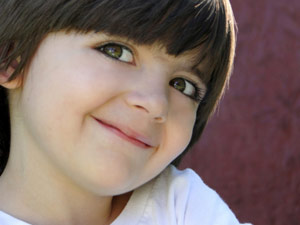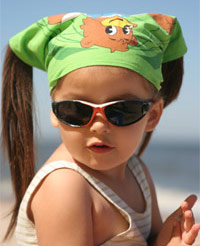Help for Families
If you are a parent/guardian of a child that has disclosed abuse:
Try to remain calm, any alarming reaction from you could lead to the child feeling like he or she should not have told and he or she may shut down and may not disclose again. Things you can do that will really help include:
- Provide safety, love and support. Let them know it is OK to cry or be mad.
- Reassure the child it is not his or her fault.
- Do not make promises you cannot keep.
- Contact Job & Family Services at 330-455-5437 or your local police department to make a report.
Remember, Disclosure is difficult...

It can be very difficult for children to disclose about abuse. Many times the abusers are people known and trusted within the family or community and children know that. They worry that no one will believe them, that people will blame them for allowing the abuse to happen, that people will think of them differently or as “bad”.
For some children, disclosure is a process that takes time. They might give “hints” that something is going on, without disclosing the full extent of the abuse, hoping that someone will find out and make the abuse stop. Abused children can be very confused by the abuse. They may “love” the abuser but “hate” the abuse. They only want the abuse to stop. That’s why it is important for adults to recognize the signs of abuse and be able to react responsibly.
Why Don't They Tell
Fear of the unknown. Even though children are being abused, they know what to expect - what will happen if they tell? What did the perpetrator say would happen? What do they believe will happen?
- Will anyone believe them?
- Will they be removed from the home?
- Will the perpetrator be taken away?
- If the perpetrator is taken away, how will their family survive?
- If the abuse is intra-familial, children are less likely to tell and more likely to maintain secrecy.
- Children may be given extra attention and gifts by the perpetrator. The extra attention and/or gifts may make the victim feel "special".
- Embarrassment.
- Fear of being held responsible.
- Fears of being punished.
- Fear of exposure or labeling.
- Fear of the court process.
Recognizing the Signs of Abuse
Children may or may not display signs of being abused. Having a child exhibit one or more of these signs is not conclusive proof of sexual or physical abuse. There could be any number of reasons why children exhibit some of these signs.
Children react differently depending on age, extent of abuse, support from others and their relationship to the offender. If you have questions about a child’s behavior or signs they may be exhibiting, it is important to contact us to discuss your concerns, or contact Children Services to make a report, 330.455.5437.
Indicators of Physical Abuse

- Soft tissue injuries - bruising, abrasions, welts, lacerations ( in unusual locations )
- An injury that is inconsistent with the explanation given
- Bruises in multiple stages of healing
- Bruises on babies less than 8 months old
- Adult bite marks
- Grabbing, pinching, squeezing, slapping, strap or belt marks, looped cord marks, imprints or lacerations from other objects such as coat hangers, knives or an object that leaves tattooing punctures
- Burns, sometimes these are in "hidden" areas (in between toes, groin, etc)
- Accidental injuries in children usually occur at bony prominence such as knees, elbows, shins
- Unlikely accidental injuries occur on the buttocks, lower back, genitals, inner thighs, cheeks, ear lobes, mouth and neck.
Indicators of Sexual Abuse
- Difficulty in walking or sitting
- Pregnancy or venereal disease, especially in young children
- Sexualized behavior or knowledge of sexual facts and terminology beyond their developmental age
- Abrupt personality changes or constant unexplained tension or fear- running away
- Sleep disturbances or bedwetting
- Criminal behavior. Fire setting. Cruelty to animals
- Attempts to be unattractive or undesirable (such as poor hygiene)
- Suicidal gestures or attempts
- School difficulties

Having a child exhibit one or more of these signs is not conclusive proof of sexual or physical abuse. There could be any number of reasons why children exhibit some of these signs.
Children react differently depending on age, extent of abuse, support from others and their relationship to the offender. If you have questions about a child’s behavior or signs they may be exhibiting, it is important to contact us to discuss your concerns, or contact Job & Family Services to make a report.
